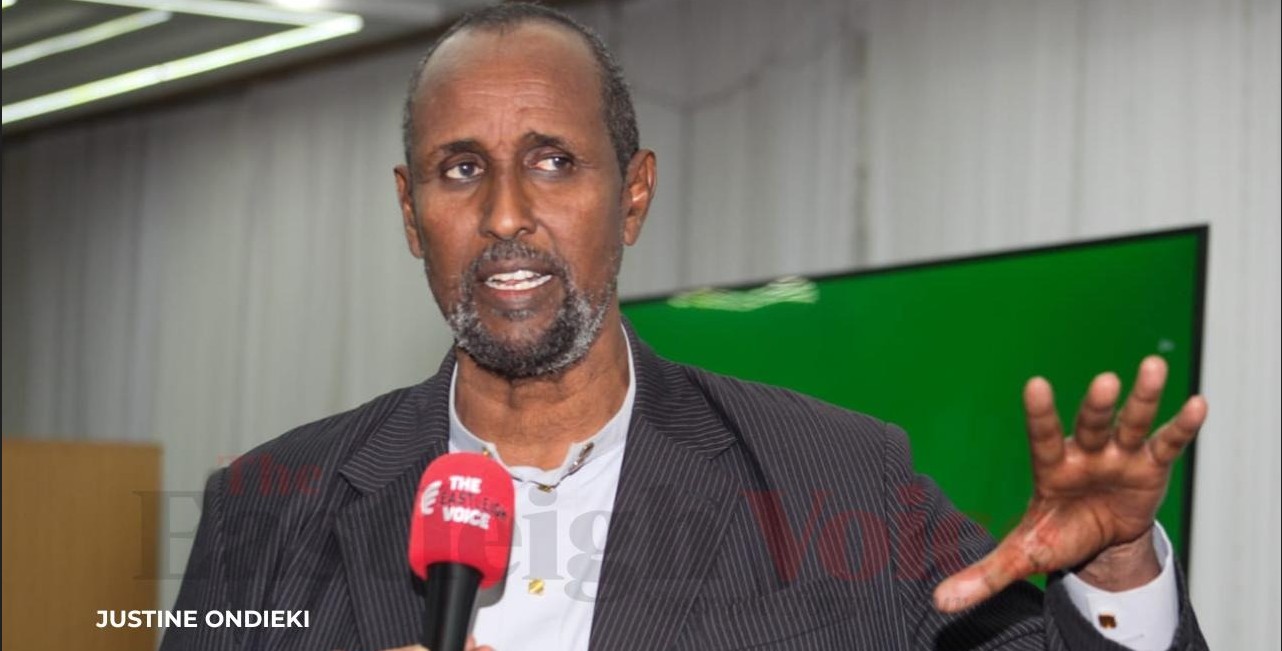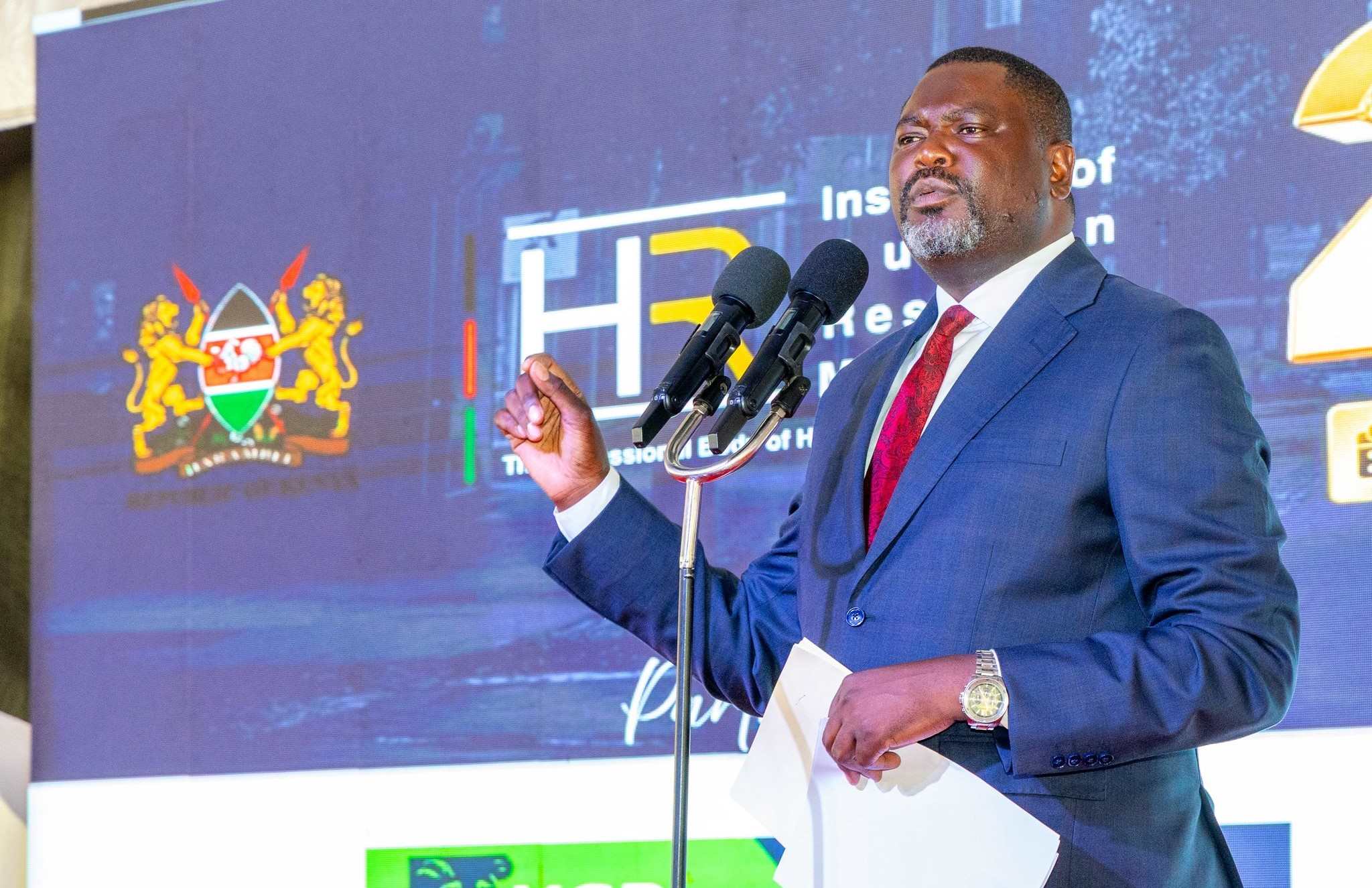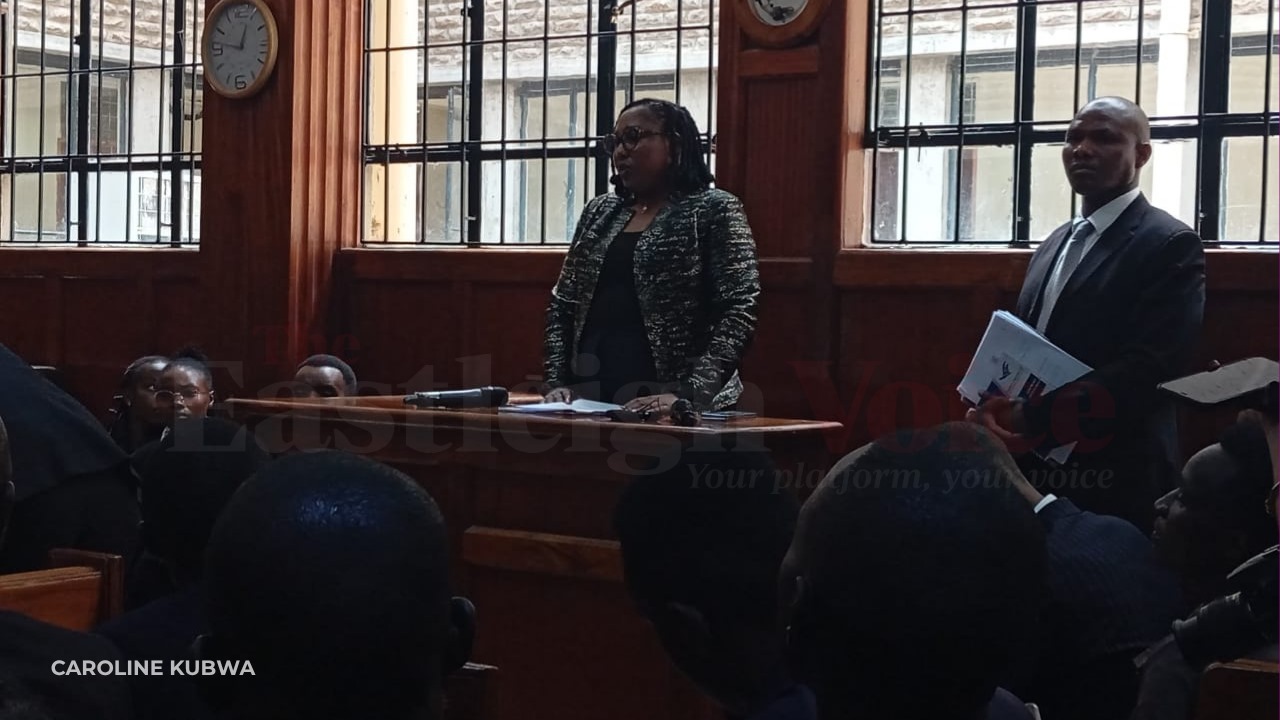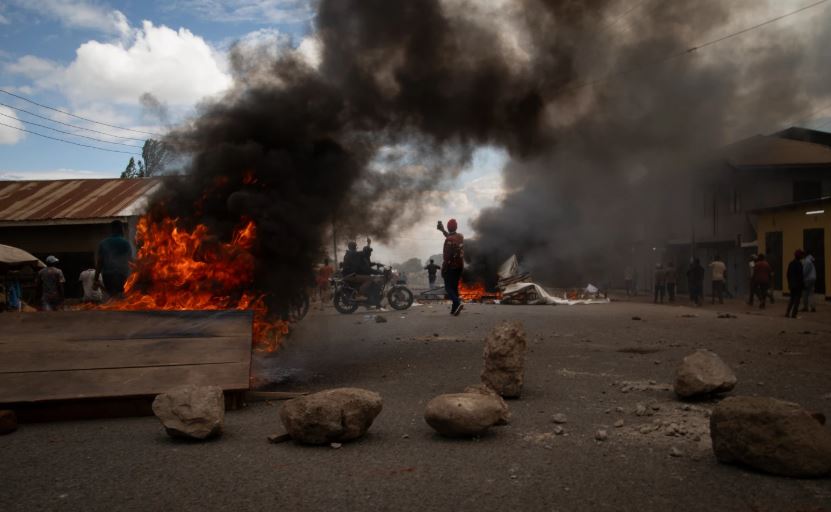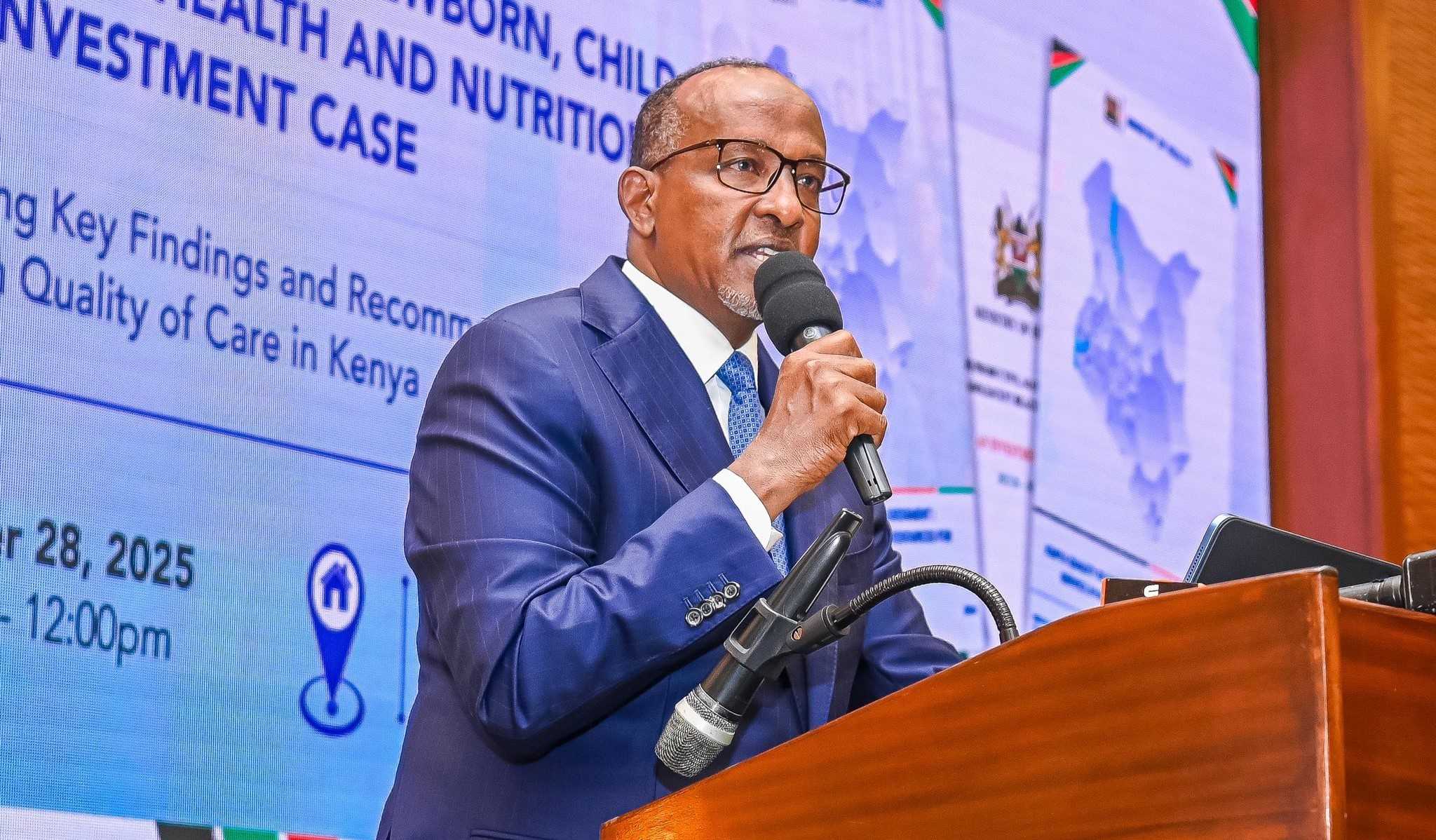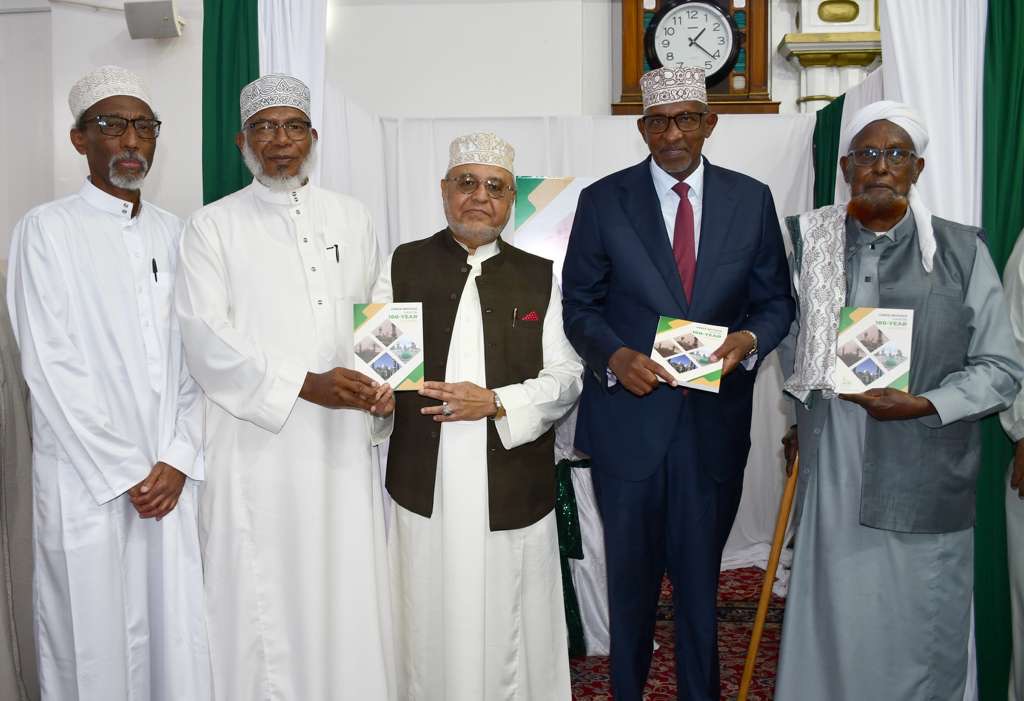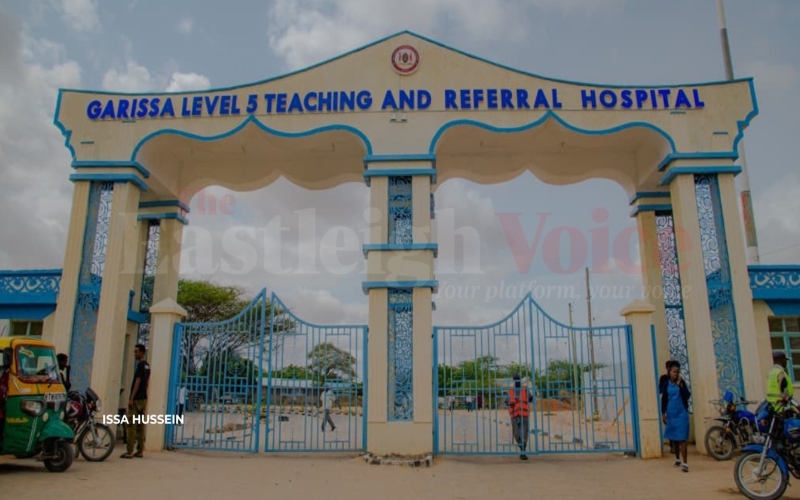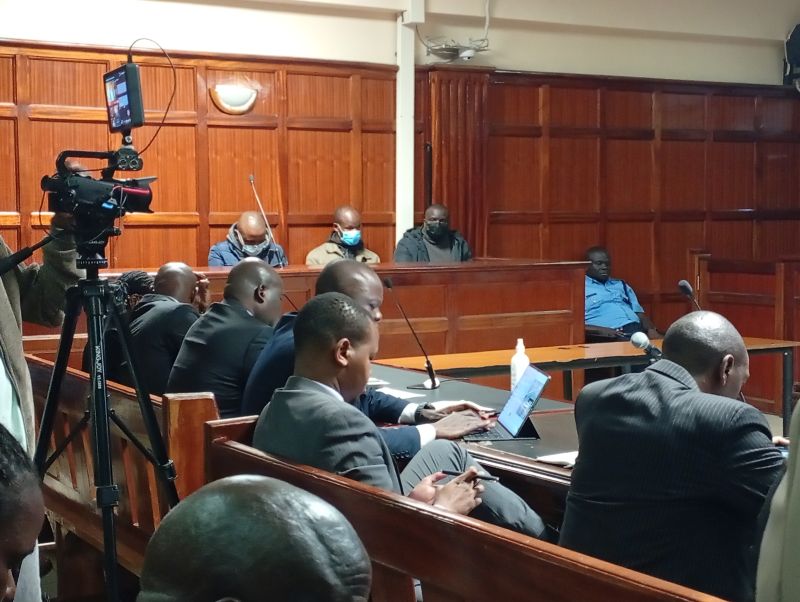National Assembly forms 17-member committee to review, unify education funds
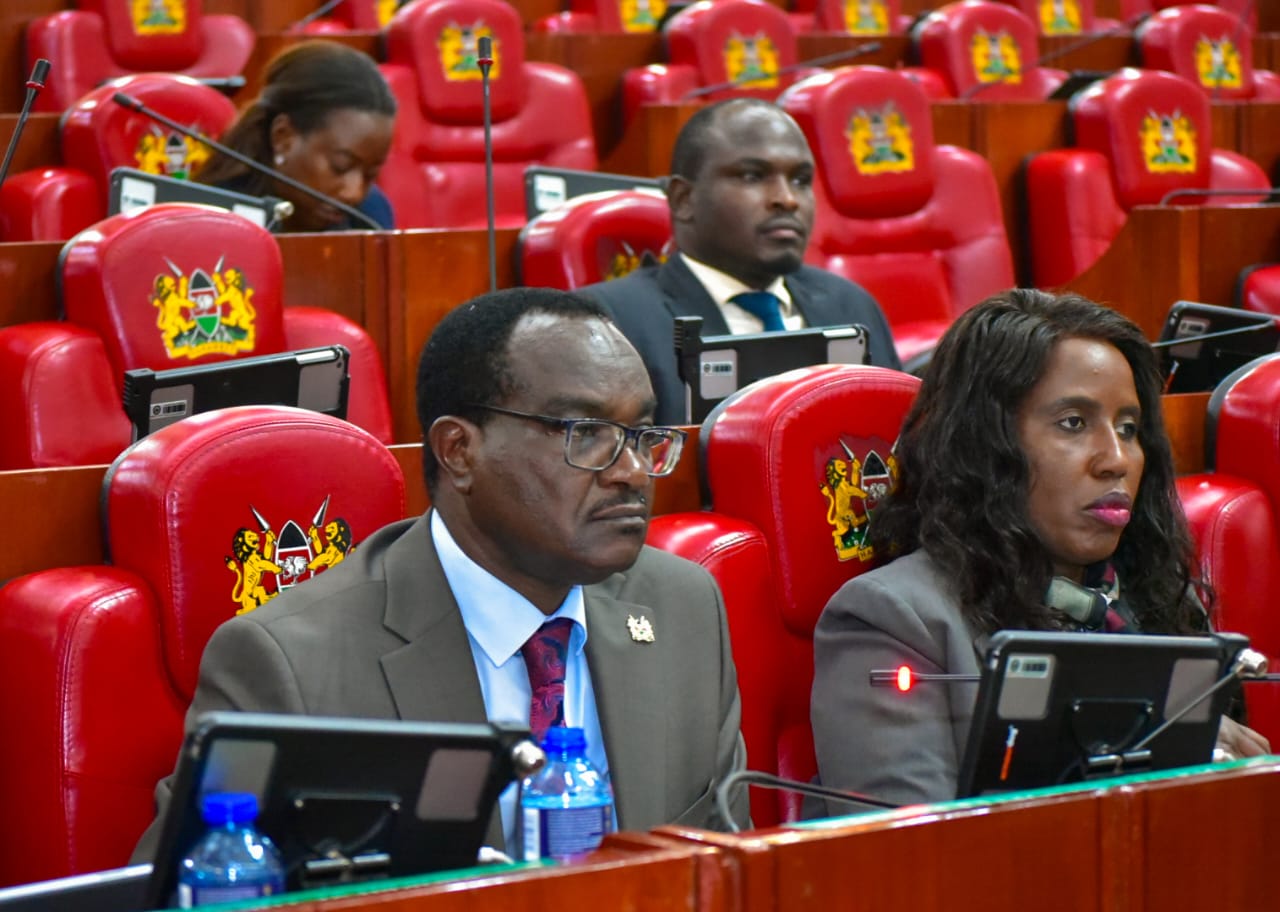
Ultimately, the goal is to establish a National Education Fund to consolidate resources and ensure no child is denied access to education due to a lack of fees.
In a bid to guarantee free and compulsory education from primary to tertiary levels, the National Assembly has approved the formation of an ad-hoc select committee to spearhead the overhaul of Kenya’s education funding system.
The committee is expected to review the current administration of education-related funds and recommend a unified, sustainable and comprehensive framework for financing learning across all levels. Ultimately, the goal is to establish a National Education Fund to consolidate resources and ensure no child is denied access to education due to a lack of fees.
More To Read
- Three-judge bench to hear petition seeking to bar counties from issuing bursaries
- MPs demand immediate release of Sh58.7 billion NG-CDF funds ahead of its closure
- NG-CDF faces fresh headwinds as KRA moves to recover Sh2 billion tax arrears
- MPs race to save NG-CDF as Treasury scrambles to meet June 2026 deadline
- Nairobi MPs push for collaboration to end school overcrowding
- Counties urge senators to end bursary freeze hitting thousands of students
“The National Assembly resolves to establish an ad-hoc select committee to review the current education funding administration processes in the country and recommend a unified, comprehensive and sustainable framework,” reads part of the motion passed by MPs on Wednesday.
The terms of reference for the committee include mapping and analysing all existing education-related funds—including government capitation, bursaries, scholarships and grants—both at the national and county levels. It will also assess the legal, institutional, financial and operational aspects of these funds, identify inefficiencies and propose new governance and operational structures to support a unified education fund.
The approved committee will have 90 days to deliver its report to Parliament. It will also be expected to draft a bill that will form the legal and institutional basis for the consolidated education funding structure.
The committee will comprise 17 members including Suna East MP Junet Mohamed, Naisula Lesuuda (Samburu West), Mary Emaase (Teso South), Stephen Mule (Matungulu), Elijah Njoroge (Gatundu North), Udgoon Siyyad (Garissa Women Rep), Omboko Milemba (Emuhaya), Eve Obara (Kabondo Kasipul), Titus Khamala (Lurambi), Charles Onchoke (Bonchari), Clive Gisairo (Kitutu Masaba), Daniel Kiili (Igembe Central), Caroline Ngelechei (Elgeyo Marakwet Women Rep), Reuben Kiborek (Mogotio), Jane Kagiri (Laikipia Women Rep), Adan Keynan (Eldas), and Amina Mnyazi (Malindi).
The move comes amid growing calls for reforms in education financing, with legislators last year urging the consolidation of all existing education support funds—including those issued by HELB, county governments and MPs, into a single scheme to arrest a looming funding crisis in higher education.
The debate over the current funding model intensified during a parliamentary forum attended by Higher Education Principal Secretary Beatrice Inyang’ala. She acknowledged concerns over the Means Testing Instrument (MTI), a tool used to classify students into different funding categories.
“We are dealing with an issue of inaccuracy of data. Without reliable data on income, it is impossible to use data in the categorisation of students,” PS Inyang’ala said, adding that some students had submitted falsified information during classification.
Classification
The MTI model classifies students into five bands based on eight variables, including family income, gender, course type, marginalisation, disability, and family size. However, critics argued that many students were misclassified, with most ending up in the lower support bands (Bands 4 and 5).
Suba North MP Millie Odhiambo questioned how the model accommodates life changes during a student’s academic period.
“When do we factor the changing circumstances in the event that a student went to private school and their parents died?” she posed.
Suba South MP Caroli Omondi challenged the reliance on social parameters for financial decisions.
“The biggest problem is that we are using social parameters for financial issues. We need to use financial tools on this matter,” he said.
Majority Whip Sylvanus Osoro also raised concerns about perceived gender bias in loan disbursement.
“I don’t understand how gender falls into defining the means of loans to a student in terms of amount. Is it that one gender is richer or poorer?” he posed.
Despite the criticism, the PS defended the funding model’s rollout in 2023 and assured lawmakers of ongoing adjustments.
“We are working on a new design to factor all the feedback being raised on the funding system,” Inyang’al said.
But MPs argued that the current system has led to duplicate awards due to an uncoordinated approach involving the Ministry of Education, the National Government Constituencies Development Fund (NGCDF), and County governments.
National Assembly Speaker Moses Wetang’ula, while chairing an informal session on the matter, said, “All these resources come from the same source—the diminishing public purse. MCAs are giving bursary, the MP is giving bursary, the Governor is giving bursary, HELB is disbursing money.”
“If you are able and it’s you to generate policy, this House will be more than happy to turn it into law so that we can amalgamate these funds,” he added.
The ad-hoc committee’s findings and eventual legislation are expected to shape the future of education access and equity in the country.
Top Stories Today

